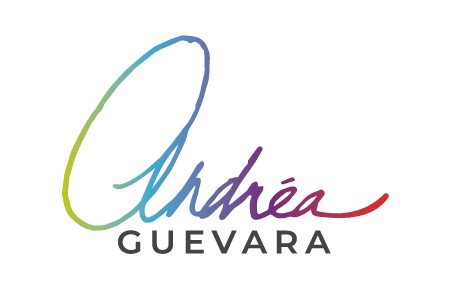The Most Important Element of Your Writing Style & How to Find It
Sounding Like “You”
“This is good Mom, but it doesn’t sound like you,” my son told me one afternoon, after reading an essay draft I had just shared with him.
“Yeah.” My daughter nodded from her spot on the couch.
I gulped down the wedge of insecurity moving up from my throat, so could actually stomach what my teenagers were telling me. At the time, I was about half way through my program at UCLA Writers’ Program, but I hadn’t been able to place what was “off” with my essay.
I knew they were right. And it stung, I had worked for days on that essay. Finding my voice had felt like trying to hold tight to one of those watersnake squishy toys from the nineties.

Writing for your reader is important for many reasons—to connect, in keep attention, to avoid rambling on about something only you are interested in. But I believe it’s equally important to balance that with being connected with who you are at your core.
Understanding what lights you up—or puts a fire in your belly—can crack open the slippery shell, giving you access to that gooey center that is YOUR VOICE—the thing that will set your work apart.
Finding My Voice in Fiction
A few months after my kids read my essay a short story came to me, like a gift from the universe. It was something I’d been wanting to write for a while. I was so fascinated by the subject matter: the California frontier in the mid 1800’s. Though I had very little experience dabbling in fiction, I finally took a stab at it.
I pounded out this story in pure joy and felt pretty good about it, even in its drafty (I can use that version of draft, right?) state.
Again, I eagerly shared it with my kids.
“Mom, this is you! And this is so awesome, I wish there was more.”
I was floored and elated all at once. Somehow I’d found my voice in fiction. How could this be?
All along I’d been writing creative nonfiction about my own damn life and yet it wasn’t coming through as “me.”
Turns out I needed to change it up.
It took me a while longer to translate that “self” into nonfiction. And honestly, writing for YOU, on my blog, online, and weekly emails, has helped me grab onto my voice in a more authentic way. There’s something about writing to teach that helps you get past yourself so you can find your voice. If that makes any sense. 😉
How You Might Find Your Voice
If you struggle sometimes with feeling like something is a little off in your work—but you’re not sure what—explore new options. Try to write about something you’re fascinated with, or dabble in a new genre (or your own invented genre). Maybe even write about something that really gets your goat.
Start writing about something you’re very knowledgeable in, with the intent of being yourself while helping others.
Ultimately, we live in a world of billions of perspectives (almost 8 Billion people, as a matter of fact) and sometimes exploring other experiences can help us figure out where the margins of our own thinking are.
Chances are the subject matter you write about, the themes, the tips, the methods—they are likely not absolutely NEW.
What sets what you’re doing apart is your voice. Your unique way of looking at the world, the way in which you combine ideas, words, and perspective is important. Because guess what? No one else has your exact perspective and voice. But it’s up to you to find it, embrace it, and share it.
Explore new ways to find your voice. Then go change some minds with your art. There’s no doubt in my mind that you can.




This has been one of the toughest things for me in my writing journey. I’ve written a lot over the years, but not enough to have that crystal clear, identifiable voice. I tend to write like the authors I’m currently reading, which isn’t a bad things, but I can always tell when I’m doing it. Thank you for the post, and for the perspective!
Thanks for reading it, Audra! Well, at least you know you’re not alone, right? 😉 Good luck and keep at it.